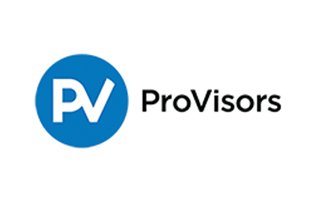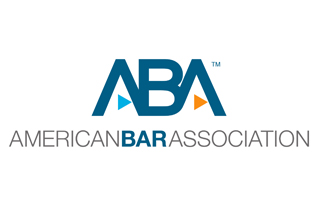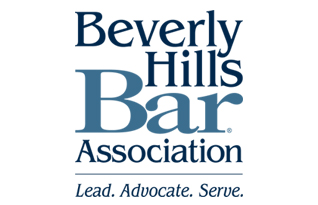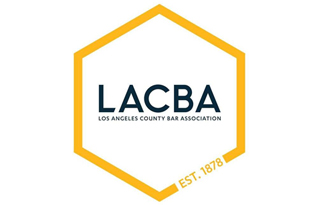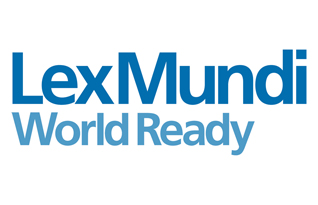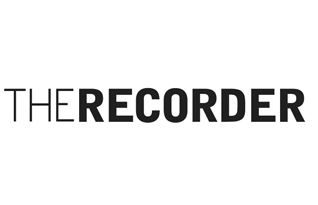Having worked within corporations, PR agencies, and professional services firms for more than 13 years, I’ve had of associating with a varied cast of professionals, a majority of whom can be grouped into two categories.
I label the first type of professional, “Barry, the first-class passenger.” During my initial conversation with the Barry’s of an organization, I solicit information relating to their areas of expertise, clients, and past marketing initiatives that have been successful in positioning them as the “go to” person in their industry and in building their business.
Barry’s answers are typically very generic, with an air of “why are you wasting my time asking such questions…don’t you know who I am?” When it comes to networking and business development, Barry’s preference is for someone else to do all the heavy lifting, bringing him back the spoils.
Barry can’t be bothered with speaking engagements, authoring articles, or participating in social media, as they have never resulted in new business. So they obviously don’t work and are a waste of time. Media inquiries are responded to in days, sometimes weeks, if at all. Barry is critical of the organization’s marketing and business development initiatives, as they never seem to do enough to promote him and his hungry ego. He is also critical of fellow colleagues who succeed and receive industry praise for their efforts by blaming management for giving them preferential treatment.
The second type of professional I label, “Stefanie the business-class participant.” My initial questions to the Stefanie’s of an organization are the same as are asked of the Barry’s, yet the answers are significantly different.
Stefanie has some level of clarity as to the type of work she’d like more of, and the names of specific prospects she’d like as clients. She is willing to be an active participant in the marketing and business development process. She fosters collaboration with her colleagues and her marketing professionals to devise a plan that will not only grow her business/practice, but also promote her organization as a whole.
Albeit challenging to find the time, Stefanie is willing to invest non-billable time toward growing her business. Media inquiries are responded to in a timely manner, whether she can add value to the opportunity or not. She looks to establish referral relationships with other professionals in her field who offer complimentary services.
Sobering is the conversation I have with management as they learn there is little that can be done to advance the Barry’s—passengers–of their organization. Trying to change Barry generally results in wasted time, money, and resources.
In the end, the amount of time Barry spends complaining about what isn’t happening for him is commensurate with the amount of time Stefanie spends being a proactive and positive participant, although the results are vastly different.
A wise mentor once told me, “If your business is dead, check your own pulse.”




